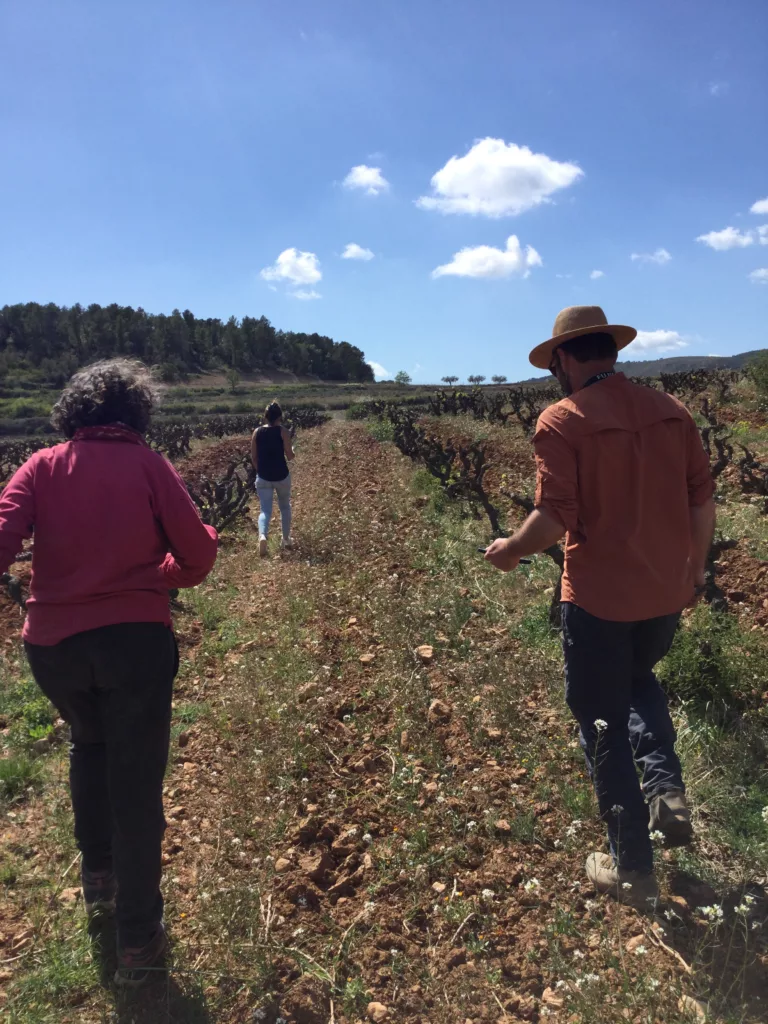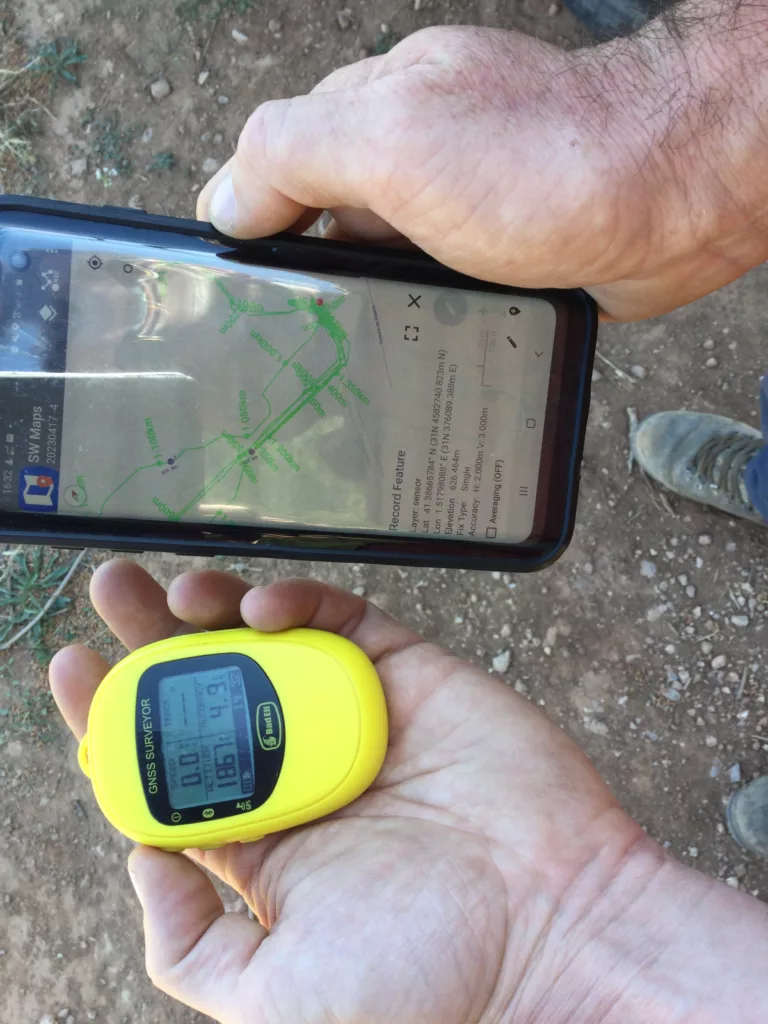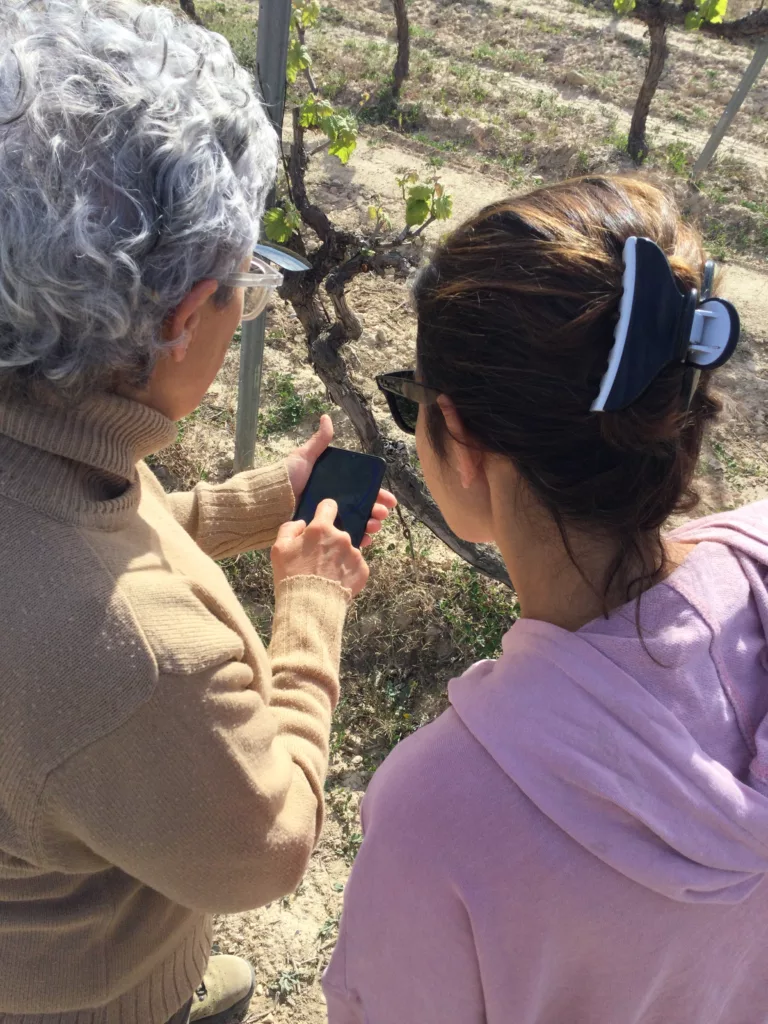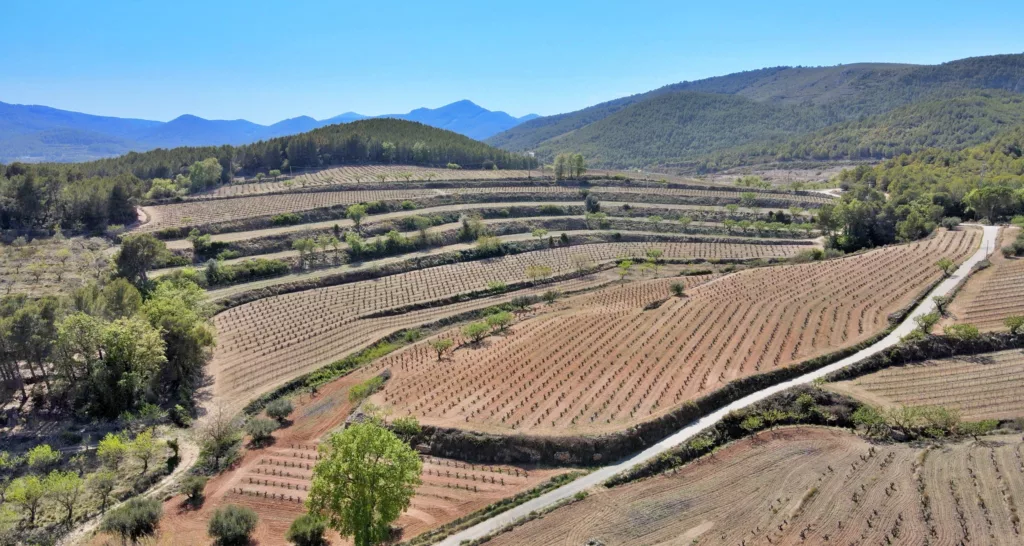In the pursuit of a global transition to regenerative agriculture, VIN-Q stands as a shining example of a collaborative community that brings together wine producers, researchers, and technology providers. Through decentralized science and collective action, VIN-Q aims to facilitate scientifically validated decision-making in agronomic management, fostering a shift towards sustainable and regenerative practices. In this blog post, we will explore how the Crowdfield Companion (CFC) Project utilised VIN-Q as a case study to test technological tools and support the community’s common purpose. You can access to the full case study here: https://www.researchgate.net/profile/Fiona-Delaney/publication/371867097_Smart_Farming_and_Climate_Action_knowledge_transfer_and_stakeholder_reputation_in_multi-disciplinary_innovation_ecosystems/links/6499c5d1c41fb852dd347bbd/Smart-Farming-and-Climate-Action-knowledge-transfer-and-stakeholder-reputation-in-multi-disciplinary-innovation-ecosystems.pdf
Why CFC selected VIN-Q as Case Study?
VIN-Q’s mission revolves around creating a co-creation community that connects wine producers, researchers, and technology providers. By leveraging collective knowledge and decentralized science, VIN-Q seeks to transform scattered vineyards and individual farms into a cohesive research infrastructure. This infrastructure enables the testing and validation of new methods and tools, accelerating the transition to regenerative agriculture on a global scale.


The stakeholders involved in the VIN-Q project are diverse and encompass cross-disciplinary experts. Scientists, researchers, farming and food industry experts, local/regional members, public administration, tourism, and property management all play a role in this collaborative ecosystem. It is important to note that individuals often hold multiple stakeholder roles, emphasizing the interconnectedness and shared responsibility within VIN-Q.
CFC Prototype App
Synchronizing Communication and Collaborative Actions:
To test the prototype App developed by the CFC, VIN-Q coordinated its efforts with on-site research activities. Researchers attended on-site visits, representing their research projects and collecting samples for additional researchers. The prototype App was distributed to wine-growers through cooperative networks and feedback was sought from pre-qualified community members. By aligning the testing of the App with existing research activities, VIN-Q ensured a seamless integration of technology and collaborative actions


Trust based Digital Farming Collective:
VIN-Q’s journey towards becoming a digital farming community has encountered challenges in terms of information sharing, access to the latest advancements, and data integration. The project recognizes the need for interdisciplinary data to make evidence-based decisions tailored to specific conditions. The VIN-Q platform offers various features such as creating posts, groups, ratings, training courses, and media libraries to support knowledge sharing and collaboration. The CFC-developed App serves as a valuable tool for knowledge transfer and reputation tracking within the community.
Learnings from the CFC Experiment:
The CFC experiment with VIN-Q provided valuable insights and feedback for both projects. Participants highlighted the App’s potential for teaching and engaging technicians in taking samples for analysis. To enhance user engagement, it was suggested to increase the app’s features, utilize multimedia content like videos and podcasts, and incentivize participation through micro-credentials and reputation building. Additionally, the App served as a means for auditing purposes, allowing farmers to provide evidence-based information through image uploads and test results.

The VIN-Q case study presented an opportunity for the Collaborative Futures Consortium to test technological tools and support a community-driven transition to regenerative agriculture. By embracing decentralized science and collaborative efforts, VIN-Q showcases the power of knowledge sharing and collective action in driving sustainable agricultural practices. As the VIN-Q project continues to evolve, it serves as an inspiration and model for other industries and communities seeking to embrace innovative technological solutions for a brighter and greener future.
